 |
| The gloomy job market in the banking and finance hub has made competition fiercer for finance students. (Source: The Straits Times) |
To be selected, they have to go through several rounds of lengthy interviews and work hours of intense work with slides.
“The competition is insane,” said Maya, a former social sciences student at the National University of Singapore (NUS) who now works at a global payments company. Still, she said all the pressure was worth it.
“Without that club, I wouldn't be able to convince employers when they have thousands of candidates to choose from,” she said.
The fierce competition is understandable given Singapore’s financial sector is cutting back on hiring. Finance clubs have therefore become an important line on students’ resumes, alongside grades, intensive courses and a string of internships.
According to statistics, the number of business and management graduates in Singapore has been increasing steadily over the past decade, surpassing the 3,500 mark in 2023. Although 84% of these graduates found jobs after graduation last year, that rate was still lower than two years ago.
Risks from trade wars, volatile financial markets and the rise of artificial intelligence are making career prospects in banking even more uncertain - especially in Singapore, where finance is seen as the clearest path to success for young people.
According to SCMP , major banks in Singapore such as Citigroup assert that they evaluate candidates based on many criteria. However, Mr. Ernest Phang, Head of Human Resources at OCBC Bank (Overseas Chinese Bank of Singapore) - said that joining financial clubs can be an "important indicator" of a candidate's ability, leadership spirit and commitment.
The road to challenge
Rachel Ng, now a broker at an investment bank, said she applied to consulting and investment groups during her freshman year of college because she was worried she wouldn't get a good internship.
“My classmates were starting internships at prestigious banks thanks to their participation in case competitions and connections from clubs. I realised that if I wanted to be like them, I had to join a club too,” recalls Rachel, 23. However, getting in was hard, and staying in the club was even harder.
At Singapore Management University (SMU), the Student Investment Fund accepts only about 20 members each year from more than 200 applicants – a pass rate of about 10%. Applicants must present financial analysis, pitch a stock and participate in “coffee chats” to check the “feelings” of the management team.
Once accepted, members’ schedules are packed with 3-8 hour meetings every weekend. They are trained in financial modeling, presentation design, and learning from successful alumni.
The club was inspired by famous student funds abroad, such as Harvard University's Black Diamond Capital Investors - considered one of the most successful student-run hedge funds in the US.
This year, SMU fund members were further “fuelled” when alumni contributed S$130,000 (nearly VND2.9 billion) to invest in the best ideas selected by a panel of faculty and alumni.
Sacrificing youth to impress
Dylan Liew, who founded the NUS Student Consulting Club in 2018 after studying abroad in the US, is now a graduate and working in consulting. He said he once built a team of more than 60 students providing consulting services to organizations.
“The club is a good story to tell employers. They see that I founded an organization and that's enough to believe that I have the ability to handle the job,” he said.
However, the pressure is not small. Maya said that during her time in the consulting club, she often spent 12 hours in a Zoom room editing slides before working with clients. When she was studying abroad in Europe, she often had to stay up past midnight to meet with clients due to a 7-hour time difference.
“I was supposed to enjoy my exchange semester, but every week felt like torture because I was worried about not being able to find a job after graduation,” said Maya, 24.
Despite such tension, the demand to join these financial clubs shows no sign of cooling down.
“It’s unfortunate, but there are so many students with very high GPAs and good schools. So you need to have something to differentiate yourself. If joining a club makes you more confident in interviews, then why not?” said Bethan Howell, director of recruitment at Selby Jennings in Hong Kong.
Source: https://baoquocte.vn/sinh-vien-chay-dua-vao-cau-lac-bo-danh-gia-de-lam-ban-dap-cho-tuong-lai-320728.html



![[Photo] General Secretary To Lam attends the 80th Anniversary of the General Staff of the Vietnam People's Army](https://vphoto.vietnam.vn/thumb/1200x675/vietnam/resource/IMAGE/2025/9/6/126697ab3e904fd68a2a510323659767)
![[Photo] Many people directly experience beloved Uncle Ho and the General Secretaries](https://vphoto.vietnam.vn/thumb/1200x675/vietnam/resource/IMAGE/2025/9/6/2f4d9a1c1ef14be3933dbef3cd5403f6)




















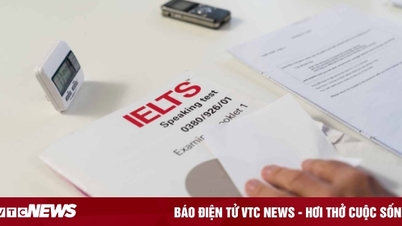













![[Photo] Hanoi students excitedly and joyfully open the new school year 2025-2026](https://vphoto.vietnam.vn/thumb/1200x675/vietnam/resource/IMAGE/2025/9/5/ecc91eddd50a467aa7670463f7b142f5)














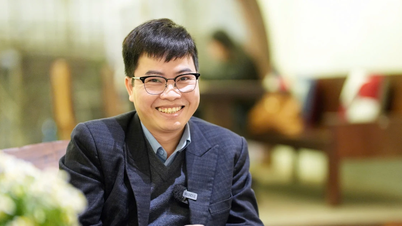
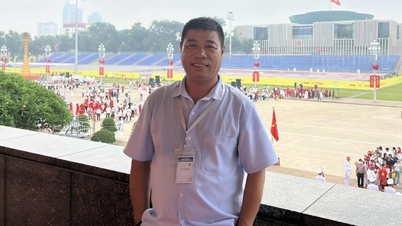

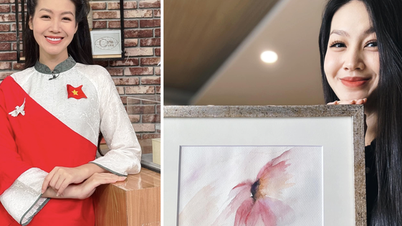























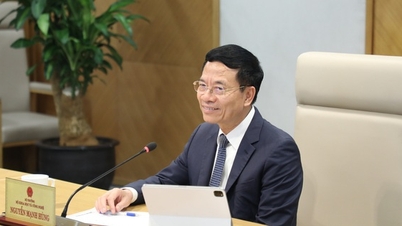




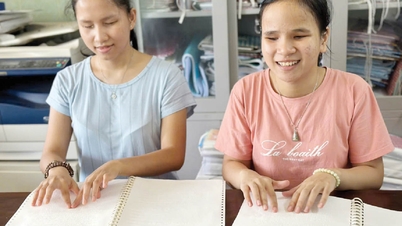






















Comment (0)